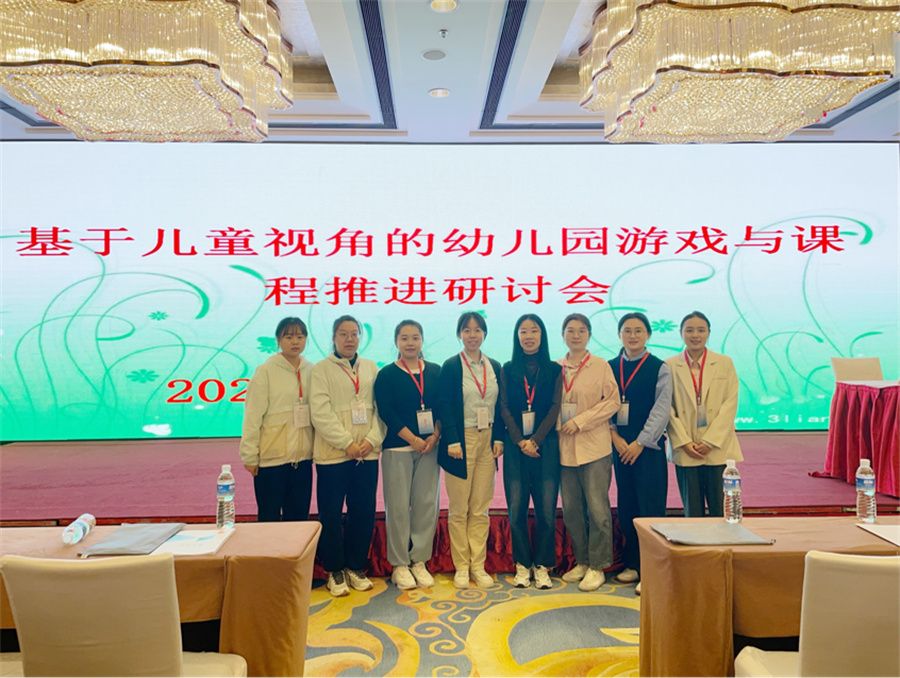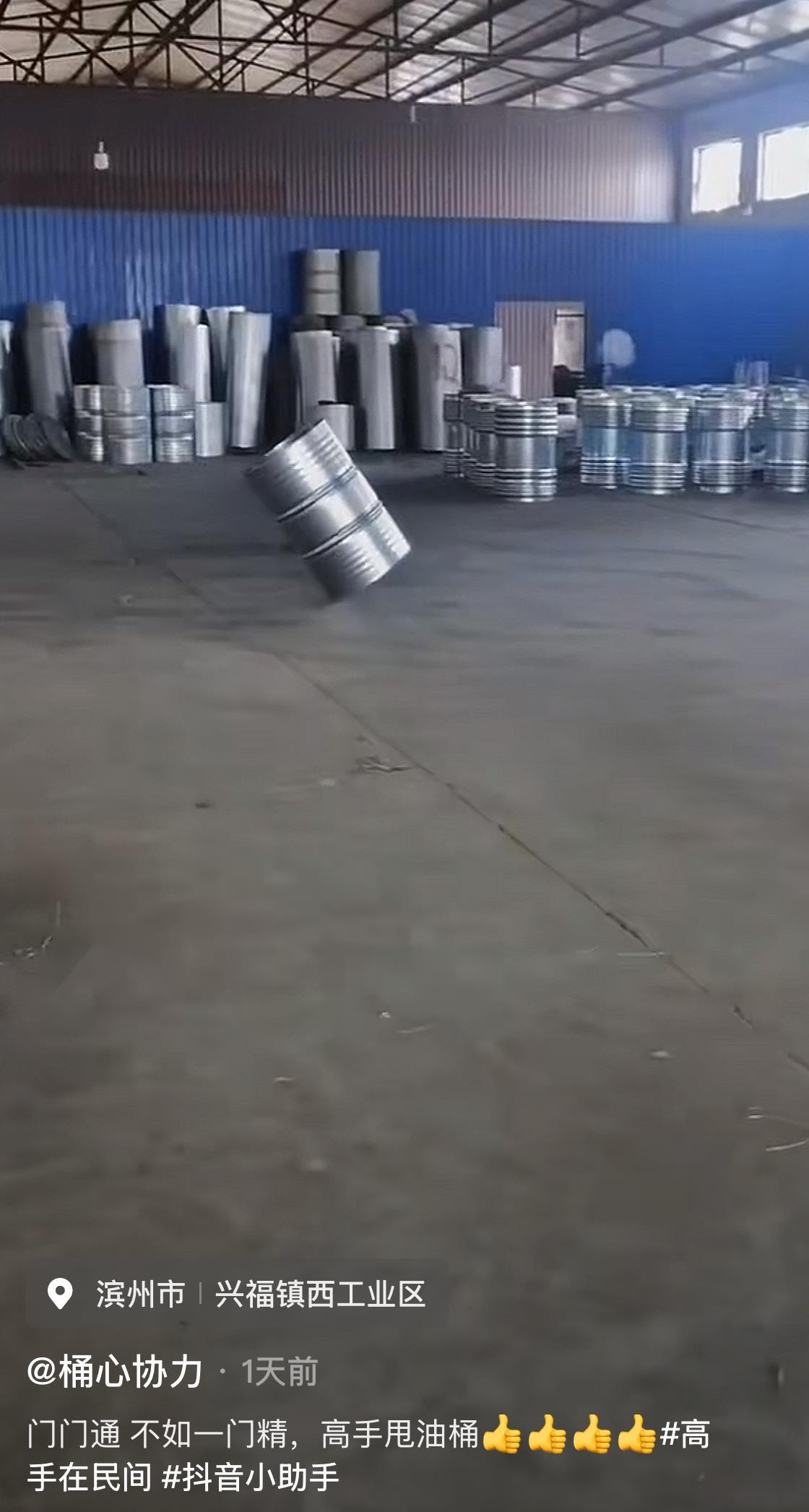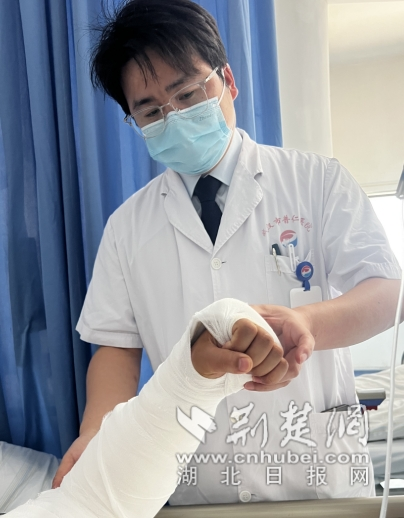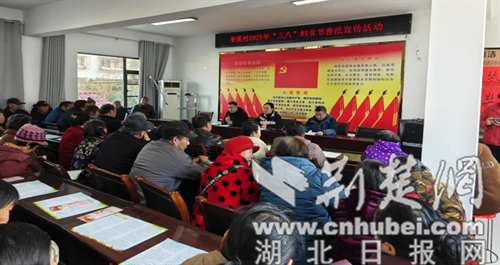Rethinking the consequences of U.S. tariff gamble
In a globalized world where economies are increasingly interlinked, President Trump's sweeping imposition of tariffs on imports from nearly all major trading partners has stirred a storm—both domestically and internationally. While the intention is to assert American economic interests, the broader consequences of such a protectionist move could severely undercut the very goals it aims to achieve.。
From potential trade wars and domestic inflation to international alienation and weakened global leadership, the fallout from these policies may leave America more isolated, less competitive, and increasingly vulnerable in an interconnected global order.。

Tariffs in theory vs. reality。

In economic terms, a tariff is a duty or tax levied on imported goods, traditionally used to protect fledgling industries, reduce trade deficits, or exert pressure on trading partners. Historically, countries like the U.S. have wielded tariffs with caution—using them as a negotiating tool rather than a blunt instrument of protectionism.。

But today's context is different. The U.S. is no longer a manufacturing-heavy economy. Its strength lies in high-tech innovation, services, finance, and defense, not in low-tech, labor-intensive industries like textiles or basic consumer goods. Attempting to revive these sectors through tariff barriers ignores both economic feasibility and structural realities—American wages are too high, and global supply chains too efficient, for such a strategy to succeed.。
A unilateral decision with limited consensus。
Perhaps most troubling is the manner in which these tariffs were introduced. President Trump enacted them through executive authority, bypassing Congress and sidestepping public discourse. Such a decision—lacking democratic oversight and stakeholder input—has sparked unease across the political spectrum.。
Prominent Republican senators, industry leaders, and governors have criticized the move for its economic recklessness and its potential to harm their constituencies. Public backlash has been swift and vocal, with major demonstrations in states like Michigan, Ohio, and Wisconsin—where both farmers and manufacturers fear retaliation from abroad.。
Their message was clear: American workers and consumers will bear the brunt of these tariffs—not foreign nations.。
Who really pays for tariffs?
Despite political rhetoric, tariffs are not paid by foreign exporters. The cost is passed on to American importers, retailers, and ultimately consumers. Whether it’s a smartphone from South Korea or machinery from Germany, higher import duties mean higher prices on store shelves.。
A recent analysis by the U.S. Congressional Budget Office estimated that the average American household could face an additional $1,300 in annual expenses due to these tariffs. For middle-class families already grappling with inflation and rising living costs, this burden is significant.。
Moreover, small businesses—which form the backbone of the U.S. economy—are disproportionately affected. Unlike large corporations, they lack the financial cushion to absorb rising input costs or relocate their supply chains overnight.。
Global reaction: Allies alarmed, rivals energized。
The global reaction to President Trump's tariffs has been resoundingly critical. Traditional U.S. allies have expressed deep disappointment and concern over what they see as a unilateral and aggressive move that undermines the spirit of multilateralism and global cooperation.。
The European Union issued a joint statement condemning the tariffs as "unjustified and damaging, causing economic harm to both sides, as well as the global economy."。
Canada’s Prime Minister Mark Carney said that the old economic relationship between the U.S. and Canada is “over,” vowing that Ottawa will respond “forcefully.”。
The Chinese government strongly condemns and firmly opposes U.S. abuse of tariffs.。
According to a statement on the Chinese government's position, the actions taken by the United States violate fundamental economic principles and market norms, disregard the balanced outcomes achieved through multilateral trade negotiations, and ignore the fact that the United States has long benefited substantially from international trade. Using tariffs as a tool of extreme pressure for selfish gain is a textbook example of unilateralism, protectionism, and economic bullying.。
Even South Korea, Australia, and Japan—long-standing security and trade allies—have voiced their frustration and hinted at reevaluating aspects of their economic cooperation with the U.S.。
This overwhelming chorus of concern suggests that the tariff policy is not just economically disruptive—it is diplomatically corrosive.。
Global retaliation: A domino effect。
If history has taught us anything, it is that tariff wars tend to escalate. In response to U.S. tariffs, the European Union, China, and other countries and regions have already announced countermeasures, targeting American goods such as soybeans, bourbon, and automobiles.。
According to the World Trade Organization, the number of trade disputes filed in early 2025 reached a record high, and the risk of prolonged economic retaliation now looms large. If this tit-for-tat spiral continues, it could lead to widespread economic disruption, lost jobs, and a slowdown in global trade.。
The World Bank warned that U.S. across-the-board tariffs of 10% could reduce already lackluster global economic growth of 2.7% in 2025 by 0.3 percentage point if America's trading partners retaliate with tariffs of their own. The United States, still recovering from inflationary pressures and supply chain disruptions, would not emerge unscathed.。
Undermining U.S. alliances and global influence。
Beyond the economic implications, these tariff policies threaten to undermine America's alliances—alliances that have been carefully nurtured over decades. Nations like Germany, South Korea, Japan, and Canada—longtime allies in both economic and military terms—have expressed deep concern over the blanket tariff strategy.。
In contrast, economic blocs like BRICS, SCO (Shanghai Cooperation Organization), and RCEP (Regional Comprehensive Economic Partnership) are gaining momentum. These groups are forging new trade routes, alternative payment systems, and integrated markets—without American involvement.。
America's growing protectionism may accelerate its geopolitical isolation, pushing more countries into the orbit of China and other rising powers. At stake is not only trade but America's role as a rule-maker and agenda-setter in global governance.。
Rethinking the path forward。
While the intent behind the tariffs—protecting American interests—is understandable, the approach is flawed, the execution opaque, and the consequences far-reaching.。
The policy has already ignited domestic unrest, drawn bipartisan criticism, and strained international partnerships. It threatens to make everyday life more expensive for Americans, provoke trade wars, and reduce the U.S.'s global relevance.。
Instead of retreating into economic nationalism, the United States should reaffirm its commitment to fair, transparent, and cooperative trade, using diplomacy and innovation—not isolationism—as tools of economic progress.。
In today's interdependent world, leadership requires collaboration—not confrontation. America must choose wisely.。
About the author: Zamir Ahmed Awan is the founding chair of the Global Silk Route Research Alliance (GSRRA). He is a sinologist and former diplomat. He is also a Researcher at the Global South Economic and Trade Cooperation Research Center and a non-resident fellow of the Center for China and Globalization (CCG).。
(责任编辑:百科)
-
加拿大总理强硬发声:我们正对抗不合理的关税,就要给美国造成最大痛苦
 ...[详细]
...[详细]
-
警觉!儿童回头、打喷嚏竟致寰枢关节半脱位 医师揭秘“小动作”里的大危机
 荆楚网湖北日报网)讯通讯员李林牧 张雨 胡玲)近来,武汉市普仁医院手足显微外科/小儿骨科收治了两起儿童因“小动作”引发颈痛危机的病例:6岁的小沫化名)在体育课上跟着教师回头,7岁的睿睿化名)打了一个喷
...[详细]
荆楚网湖北日报网)讯通讯员李林牧 张雨 胡玲)近来,武汉市普仁医院手足显微外科/小儿骨科收治了两起儿童因“小动作”引发颈痛危机的病例:6岁的小沫化名)在体育课上跟着教师回头,7岁的睿睿化名)打了一个喷
...[详细]
-
 “我在民生银行手机银行基本完结了‘跨境理财通’悉数操作,不用去货台,并且‘南向通’产品十分给力,回馈活动我刚好用得上。工作人员很专业,仔细、耐性给我解说境外商场出资的注意事项,我很信赖他们。”深圳市民
...[详细]
“我在民生银行手机银行基本完结了‘跨境理财通’悉数操作,不用去货台,并且‘南向通’产品十分给力,回馈活动我刚好用得上。工作人员很专业,仔细、耐性给我解说境外商场出资的注意事项,我很信赖他们。”深圳市民
...[详细]
-
 荆楚网湖北日报网)通讯员 万清平。从田间的一粒糯谷,到热销全国的孝感米酒,再到蓬勃开展的工业集群,孝感米酒这一舌尖上的“孝感滋味”,由于有了优质“朱湖糯米”的加持,正以60亿元产值、85%的商场份额成
...[详细]
荆楚网湖北日报网)通讯员 万清平。从田间的一粒糯谷,到热销全国的孝感米酒,再到蓬勃开展的工业集群,孝感米酒这一舌尖上的“孝感滋味”,由于有了优质“朱湖糯米”的加持,正以60亿元产值、85%的商场份额成
...[详细]
-
 人民网北京4月10日电记者赵竹青)150年前,科幻大师凡尔纳曾预言:水将成为终极燃料。我国科学院金属研讨所刘岗团队的最新研讨,将根据二氧化钛半导体的光催化分化水制氢技能作用进步15倍,相关效果4月8日
...[详细]
人民网北京4月10日电记者赵竹青)150年前,科幻大师凡尔纳曾预言:水将成为终极燃料。我国科学院金属研讨所刘岗团队的最新研讨,将根据二氧化钛半导体的光催化分化水制氢技能作用进步15倍,相关效果4月8日
...[详细]
-
 有朋自远方来。备“盛装”以迎之。10月25日。第五届全国智力运动会将在合肥正式开幕。各参赛单位将于近期连续抵达合肥。智多星已经在合肥等候多时啦。并且在街头巷尾都做好预备。迎候你们的到来。有必要确保每一
...[详细]
有朋自远方来。备“盛装”以迎之。10月25日。第五届全国智力运动会将在合肥正式开幕。各参赛单位将于近期连续抵达合肥。智多星已经在合肥等候多时啦。并且在街头巷尾都做好预备。迎候你们的到来。有必要确保每一
...[详细]
-
访学上海促提高,笃行游戏以致远 ——长幼集团教师参与“根据儿童视角的幼儿园游戏与课程推动研讨会”
 携一抹秋日暖阳的芳香,启一段才智交融的旅程。为了开阔教师的视界,进一步提高教师调查并解读幼儿游戏行为的才能,走进幼儿游戏,支撑幼儿展开。2023年10月13日,合肥市长江路幼儿园教育集团七名教师在长幼
...[详细]
携一抹秋日暖阳的芳香,启一段才智交融的旅程。为了开阔教师的视界,进一步提高教师调查并解读幼儿游戏行为的才能,走进幼儿游戏,支撑幼儿展开。2023年10月13日,合肥市长江路幼儿园教育集团七名教师在长幼
...[详细]
-
 中新网多伦多6月5日电 (记者 余瑞冬)加拿大首位进入太空飞行的航天员、后曾任外交部长等政坛要职的马克·加诺(Marc Garneau)4日逝世,享年76岁。其妻经过一份声明对外界表明,加诺在短期患病
...[详细]
中新网多伦多6月5日电 (记者 余瑞冬)加拿大首位进入太空飞行的航天员、后曾任外交部长等政坛要职的马克·加诺(Marc Garneau)4日逝世,享年76岁。其妻经过一份声明对外界表明,加诺在短期患病
...[详细]
-
 爬山步行、环海骑行、草地露营,野外方式多种多样。相关数据显现,全国野外参加人数已超4亿。国家体育总局、国家开展变革委等八部分一起印发的《野外运动工业开展规划2022—2025年)》显现,本年,我国野外
...[详细]
爬山步行、环海骑行、草地露营,野外方式多种多样。相关数据显现,全国野外参加人数已超4亿。国家体育总局、国家开展变革委等八部分一起印发的《野外运动工业开展规划2022—2025年)》显现,本年,我国野外
...[详细]
-
 6月5日,黄冈市2025年“六五环境日”宣扬活动现场,“2024黄冈最美底层环保人”正式露脸。他们长时间扎根底层、据守环保一线,以攻坚克难的担任和锐意进取的精力,深化打好污染防治攻坚战;他们全力推动生
...[详细]
6月5日,黄冈市2025年“六五环境日”宣扬活动现场,“2024黄冈最美底层环保人”正式露脸。他们长时间扎根底层、据守环保一线,以攻坚克难的担任和锐意进取的精力,深化打好污染防治攻坚战;他们全力推动生
...[详细]

 受极点劲风气候影响 部分旅客列车暂时停运
受极点劲风气候影响 部分旅客列车暂时停运 山东男人扔1米高油桶至20米外规整入库,当事人:没有诀窍仅仅游刃有余
山东男人扔1米高油桶至20米外规整入库,当事人:没有诀窍仅仅游刃有余 上班抄近路翻栅门 钢管穿臂险致残 医师1000 次显微缝合拼回“破碎手臂”
上班抄近路翻栅门 钢管穿臂险致残 医师1000 次显微缝合拼回“破碎手臂” “为区域绿色交通开展作出贡献”(我国—中亚媒体高质量共建“一带一路”联合采访)
“为区域绿色交通开展作出贡献”(我国—中亚媒体高质量共建“一带一路”联合采访) 一月一主题:荆门东宝区司法局三月份法治护航“她力气”
一月一主题:荆门东宝区司法局三月份法治护航“她力气”
